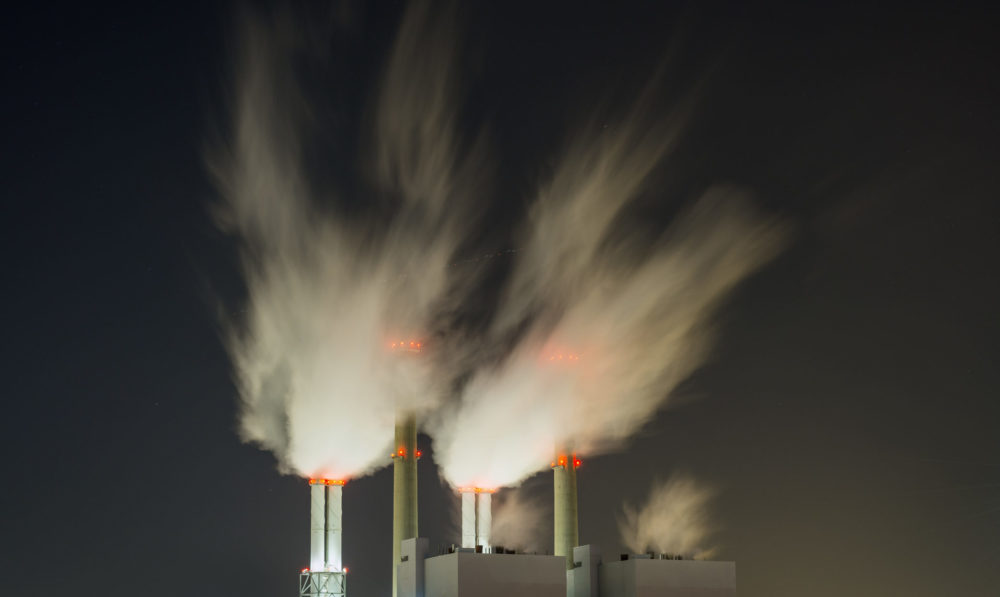Carbon dioxide emissions around the world are rising less than last year, thanks to the developed world’s shift away from coal and into more renewable energy sources.
But the drop isn’t steep enough, scientists caution.
Emissions are expected to rise 0.6% this year from 2.1% in 2018 as coal use fell in the U.S. and Europe, according to a study released Wednesday at a United Nations climate summit in Madrid. Softening demand in China, which burns half the world’s coal, and India also contributed to this year’s slower pace, the Global Carbon Budget 2019 report said.
Still, “this drop is insufficient to overcome the robust growth in natural gas and oil consumption,” said Glen Peters, research director at Oslo-based climate research centre CICERO.
The less-gloomy report follows last week’s U.N. findings that the world needs to cut greenhouse gas emissions nearly 8% a year over the next 10 years to avert temperatures rising to levels that would unleash worsening heatwaves and storms.
Even so, the decline in coal use may help further a move away from investing in fossil fuels to putting cash in renewable forms of energy. Earlier this year BNP Paribas said people interested in energy for vehicles would do far better to skip oil and diesel and put their money into solar- or wind-powered electric vehicles.
“Coal will be phased out, oil use is set to peak, renewable energy generation is rising,” Daniel Morris, senior investment strategist at BNP Paribas, wrote in a blog post last month.
BNP Paribas, criticized as one of the leading Western financiers of coal expansion, last month said it would cease all financing of the sector worldwide by 2040.
In the U.S., coal is losing market share to renewables and natural gas despite the Trump administration’s rollback of rules designed to protect the environment.
U.S. electricity plants used 24% less coal in the second quarter of this year, the most recent period with data, than during the same period of 2017, according to the Energy Information Administration. Coal production in September was down 16% from January 2017, when Trump took office, and is headed for the lowest annual total in more than 40 years, EIA data show.
- Scientists have warned that it’s not enough for global carbon dioxide emissions to grow slowly or stay flat, the New York Times said. Emissions would have to fall to about zero to avoid the most serious consequences to the environment.
- Recent growth in renewable energy and electric vehicles served to merely slow the growth in fossil fuel emissions, according to the Global Carbon report.
- The U.N. conference is running from Dec. 2-19 and aims to further the implementation of the Paris Climate Change Agreement. Topics for the meeting’s sessions include finance, the transparency of climate action, forests and agriculture, technology, capacity building, loss and damage, indigenous peoples, cities, oceans and gender.
- About four in 10 limited partners in a recent survey by Coller Capital said they would reduce their commitments to oil and gas funds over the next five years.

























